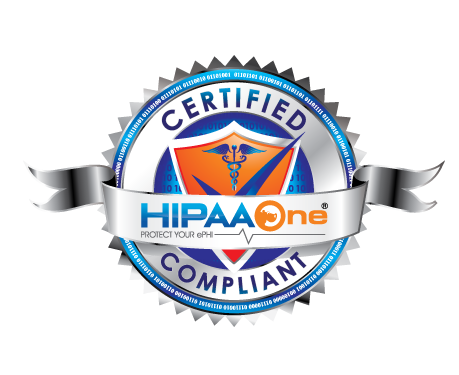


TRISTAR Managed Care (TMC) offers a comprehensive suite of programs to promote appropriate treatment while understanding that everyone's care should be individualized. This presented case study illustrates how the different diciplines of TMC work together to ensure evidence-based guidelines are incorporated to improve patients' quality of life.
The injured worker is a 60-year-old female with accepted body parts of neck, upper extremities, back, and wrist. She has received multiple surgical interventions since her injury in 1999 and has been diagnosed with chronic pain syndrome.
A review of a high-risk claimant report brought this case to the attention of the TMC team due to a Morphine Equivalent Dose (MED) of 120. MED doses above 90 are associated with an increased risk of overdose and death, even when taken as prescribed. In addition, long term use of opioids has been shown to increase the risk for depression, insomnia, hormone imbalance, and even increased pain. Chronic or long term opioid therapy is not recommended unless there is at least a 30% improvement in function and pain relief. Even with improvement documented, guidelines recommend weaning be attempted to a lower dose at least once per year.
TMC reached out to the Claims Examiner with the high MED observation and recommended intervention.
With the claim based in California, where the CA MTUS Formulary was implemented in 2018, the claim was referred to the TMC Utilization Review (UR) team. A review was initiated to determine medical necessity for the use of non-exempt and unlisted medications. At that time, the patient was receiving the following drug regimen:
- Tizanidine, generic for Zanaflex®: a muscle relaxant utilized here to ease chronic neck spasm. A quantity of 112 tablets was dispensed with each prescription to be utilized as needed.
- Oxycodone, generic for Roxicodone: an opioid. A quantity of 90 tablets was dispensed with each prescription to be utilized as needed. (MED 45)
- Methadone, another opioid prescribed for pain. A quantity of 60 tablets was dispensed with each prescription. (MED 75)
- Duloxetine, generic for Cymbalta®: an antidepressant with indications to treat chronic pain
- Relistor®, a medication indicated to treat opioid-induced constipation (OIC), which is a common side effect of opioid use. Relistor® is brand only with no generic equivalent.
UR performed by a peer review doctor determined that tizanidine and methadone were not medically necessary. Based on the functional improvement noted with oxycodone and duloxetine, those medications were determined to be medically necessary. Relistor® was also deemed medically necessary to treat constipation caused by the continued use of opioids.
Once UR was complete, the case was referred to the TMC Pharmacy Management team to facilitate a weaning program with the provider and provide education and support to the injured worker. Based on the initial discussions, a round of Physical Therapy (PT) and chiropractic visits were approved by TMC Case Management to facilitate methadone and tizanidine weaning.
During their initial review, Pharmacy Management was concerned over the continued use of Relistor®. Because of how the medication works in the body, it has the potential to cause decreased opioid effectiveness and/or opioid withdrawal in 1-3% of patients. This side effect could have placed the patient at risk for unsuccessful weaning off the methadone. Researching the medication history for the patient, Pharmacy Management read a clinic note that indicated the patient had previously tried and failed Over-The-Counter (OTC) laxatives. OTC laxatives are considered first-line therapy. The same note included that the patient had previously tried Amitiza®, which was helpful for opioid-induced constipation. Amitiza® is another brand only medication, but works differently than Relistor® and is not associated with decreased effectiveness of opioids. Outreach was made to the provider citing the clinic note information and asking if the patient could switch from Relistor® to Amitiza®. The provider agreed to switch.
The patient completed their PT and chiropractic therapy, with significant gains in function and pain relief. This outcome, in turn, led to a successful reduction in medication utilization. After all TMC interventions were completed, the resulting drug regimen was:
- Tizanidine prescription quantity was reduced from 112 tablets to 42.
- Oxycodone prescription quantity was reduced from 90 to 84 (MED up to 45).
- Methadone was discontinued.
- Duloxetine utilization remained consistent.
- Relistor® was changed to Amitiza®.
As a result of the referrals and various outreaches by TMC, MED decreased from 120 to 45. Doses less than 50 MED are associated with very low risk of overdose. In addition, the patient has improved function, lower pain, and is feeling better. The provider and patient are also committed to further lowering of the oxycodone dose over the coming months, as tolerated.
Finally, working towards evidence-based therapies improves not only the patient's quality of life but also, in many cases, result in significant claim savings. For this intervention, due to therapeutic alternatives and reduced utilization, yearly savings equate to approximately $21,500.




